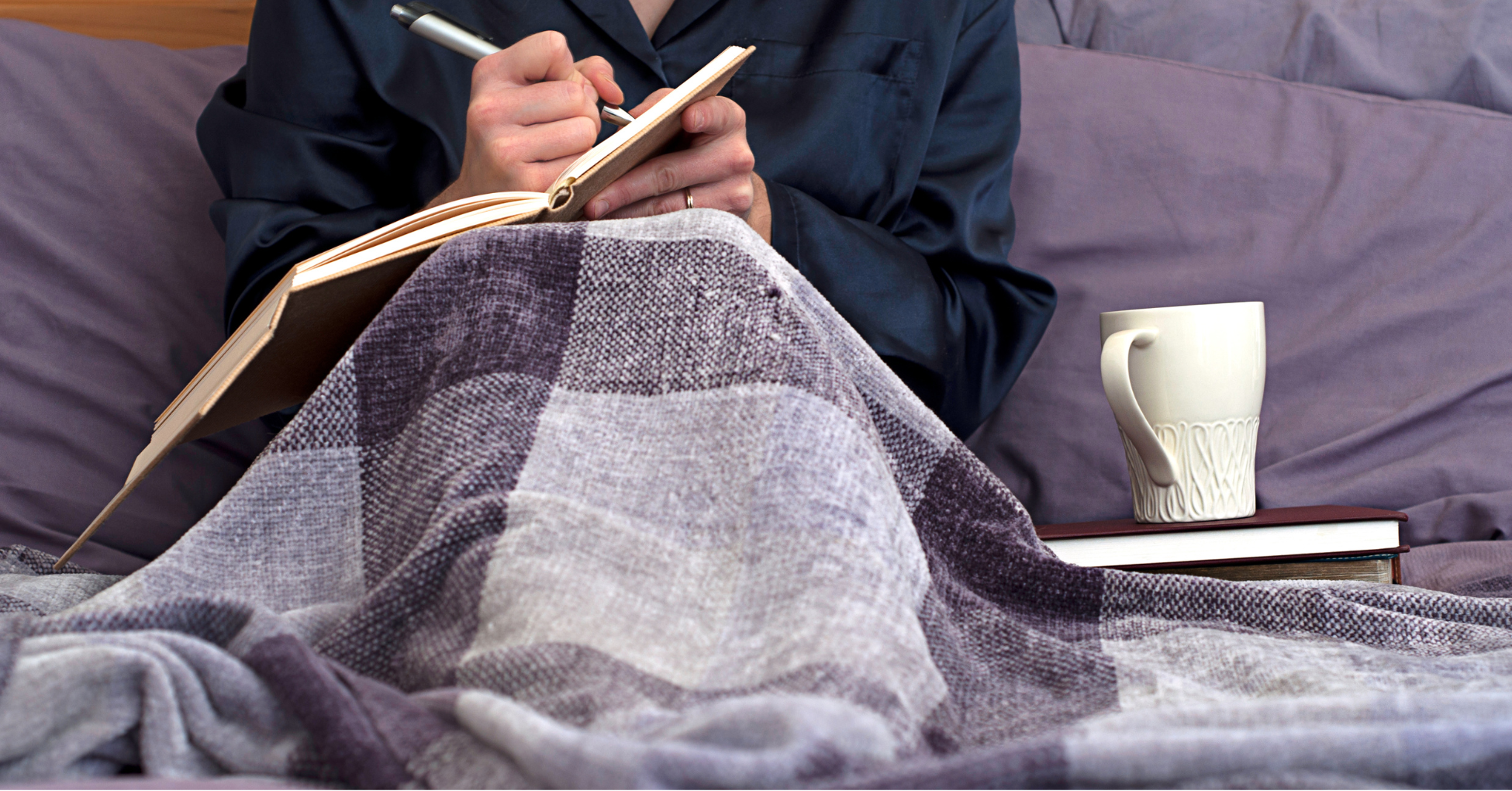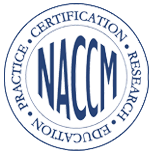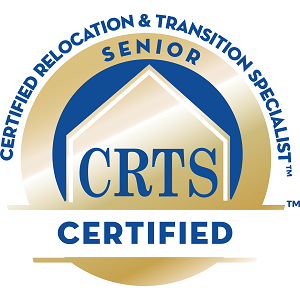Practical Self-Care Tips for Caregivers
Caring for seniors and older adults is a role filled with compassion, dedication, and often significant stress and emotional demands. For many caregivers in this field, the continuous cycle of attending to the needs of the elderly can lead to burnout, a state where both physical and mental exhaustion become a daily reality. It’s a challenging path where the well-being of the caregiver is often overshadowed by the needs of those they care for.
In a role where the lines between caring for others and self-neglect can easily blur, finding small yet meaningful ways to prioritize self-care can be a lifeline. This article provides practical self-care tips for caregivers, recognizing the unique pressures they face.
Understanding Self-Care for Caregivers
Self-care is a term that gets thrown around a lot these days, but what does it really mean? Essentially, self-care is the practice of taking an active role in protecting one’s own well-being and happiness, particularly during periods of stress.
For caregivers, especially those caring for seniors and older adults, this concept takes on an added layer of significance. In the world of caregiving, self-care is essential for sustainability and effectiveness. Caregivers are constantly navigating emotional challenges and physical demands while providing support to others. This relentless dedication, while admirable, can often lead to neglect of their own needs, making self-care not a luxury but a necessity.
Self-care for caregivers means recognizing that they, too, need support and time to recharge. It’s about understanding that taking care of their own health and well-being is integral to their ability to care for someone else. This might involve setting boundaries to ensure personal time, seeking emotional support, or simply engaging in activities that help them unwind and de-stress.
Practical Self-Care Tips for Caregivers
This section offers practical and accessible self-care tips that can be easily integrated into a caregiver’s daily routine. These suggestions are designed to help caregivers maintain their mental, emotional, and physical well-being, ensuring they have the resilience and energy to continue their important work.
Journaling for Emotional Release
Journaling is an excellent tool for caregivers to process their emotions and manage stress. It provides a private outlet to express thoughts and feelings, helping to navigate the complex emotional landscape of caregiving. Caregivers can use journaling to document their daily experiences, vent frustrations, celebrate successes, and reflect on the challenges and joys of their role. This act of writing can be therapeutic, offering clarity and perspective.
Setting aside a dedicated time each day or week for journaling can enhance its benefits. It doesn’t have to be lengthy; even a few minutes spent jotting down thoughts can be effective. Some caregivers might find it helpful to follow prompts or themes, while others prefer free-form writing. Whatever the approach, the key is consistency and using journaling as a regular tool for emotional well-being.
Mini Exercise or Stretching Breaks
Physical activity is a vital component of self-care, and for caregivers, integrating mini-exercise or stretching breaks into their day can offer significant benefits. These short, frequent breaks are practical and manageable, providing an opportunity to relieve physical tension and rejuvenate the body. Simple stretching exercises can help alleviate stiffness and discomfort, especially for caregivers who often engage in physically demanding tasks.
Incorporating mini-exercises, such as a quick walk, a few minutes of yoga, or simple resistance band workouts, can also boost energy levels and improve mood. These activities don’t require a lot of time or equipment, making them easy to fit into a busy caregiving schedule. Regularly taking these small breaks not only helps maintain physical health but also contributes to mental clarity and focus. By acknowledging and addressing their physical needs through these brief exercise routines, caregivers can better manage the physical demands of their role.
Developing a Mindfulness Ritual
Incorporating mindfulness rituals into daily life can significantly improve a caregiver’s overall well-being. Simple practices like mindful breathing, engaging in short meditations, or maintaining a gratitude journal can foster a positive mindset. Starting the day with a few minutes of mindfulness can set a calm, focused tone, and ending the day with similar practices can help unwind and process the day’s events.
Consistency in these rituals is crucial. It can be as simple as taking five minutes each morning to practice deep breathing or setting aside time before bed for reflection. Over time, these mindfulness practices can help reduce stress, enhance emotional balance, and provide mental clarity, contributing to a healthier, more centered caregiving experience.
Engaging in Creative Outlets
For caregivers, engaging in creative activities can be a powerful form of self-care. Creative outlets like painting, crafting, playing music, or even gardening provide a therapeutic escape and a means for self-expression. These activities can serve as a form of stress relief, allowing caregivers to channel their emotions and thoughts into something tangible and satisfying. The act of creating something can bring a sense of accomplishment and joy, which is often a welcome contrast to the routine and challenges of caregiving.
Moreover, creative hobbies can be a way to maintain personal identity and interests outside of the caregiving role. They offer an opportunity for caregivers to focus on their own growth and enjoyment, which is essential for mental well-being. Whether it’s setting aside time each week to work on a craft project, playing an instrument, or engaging in any other creative pursuit, these activities can help caregivers recharge and return to their duties with a refreshed perspective.
Scheduling Regular Digital Detoxes
In today’s connected world, caregivers can often find themselves overwhelmed with information and digital communication, leading to sensory overload and reduced mental clarity. Scheduling regular digital detoxes – periods where one intentionally disconnects from digital devices – can be a valuable self-care practice. These detoxes provide a much-needed break from the constant flow of emails, social media notifications, and online news, which can be particularly beneficial for mental health.
By setting aside specific times to step away from screens, caregivers can reduce stress and enhance focus. This could mean designating certain hours in the evening as screen-free, spending a part of the weekend away from digital devices, or even taking short breaks throughout the day to disconnect. During these times, caregivers can engage in activities that are calming and restorative, such as reading a book, spending time in nature, or simply sitting in quiet reflection.
Embracing Self-Care for Caregivers
This journey of self-care for caregivers is one of balance, resilience, and continuous self-awareness. It’s about recognizing the need to replenish one’s own resources in order to effectively care for others. As caregivers navigate this path, it’s crucial to remember that seeking support and prioritizing personal health are signs of strength, not weakness.
Reflections Management and Care recognizes the challenges faced by caregivers and offers support by providing expert care management services for seniors. By taking on the responsibility of senior care, Reflections helps to ease the burden on caregivers, allowing them to focus more on their well-being and self-care. For those seeking assistance with senior care management, Reflections offers a range of options to fit the unique needs of each senior and their caregivers. Contact Reflections today to learn more.














